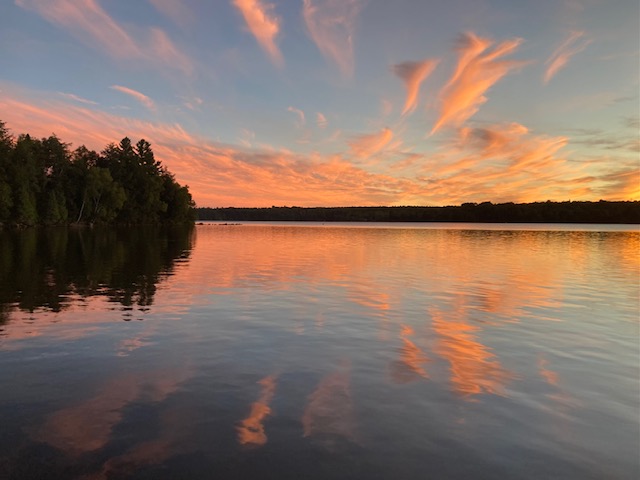 Ann Sheppard
Ann Sheppard
Dreaming of a Better Iran: A Letter to Our Fellow Citizens
As we, a few Bahá’í journalism students in Iran, meet online to write this letter, we can’t help but remember that, for many years now, the government of Iran has used a variety of methods to stop us from sharing our beliefs and convictions: harassment, detention, interrogation, imprisonment, even execution. Now you, our fellow citizens, are subject to the same treatment as you seek to share your vision of a better Iran. Perhaps now you can understand something of what we, the Bahá’ís in Iran, have experienced over these past four decades?
During this time, government propaganda has portrayed the Bahá’ís as a cast of “untouchables.” Islamic lessons, which begin at the age of seven, teach children that Islam is the only true path. Such lessons continue to be a part of the curriculum even in university courses, in which books and pamphlets that ridicule Bahá’í beliefs are distributed to students. TV commercials in which mullahs spread anti-Bahá’í propaganda are also a feature of life in Iran.
Bahá’í children are denied access to the best public schools, sometimes expelled from high schools, and barred from Iran’s public universities. It is for this reason that the unofficial university in which we study, the Bahá’í Institute for Higher Education (the BIHE), a university with no building or funding has come into being. It is in this university that we eight journalism students are now, against all odds, pursuing our passion for learning.
We are well aware, however, that once we graduate, we will face a whole new set of discriminatory rules. Our choices of work are limited. For example, as Bahá’ís, we are not allowed to work for the government or teach in universities. As “untouchables,” we are forbidden to work in the food industry. And if we start a business, we are in danger of being shut down or having our business confiscated.
Still, we persist in our studies. We know that finding a way to increase our knowledge is our best hope for the future. And we believe that by practicing constructive resilience, by finding ways to move forward even in the face of persecution, we will not only survive but grow. Like the plant reaching toward the sunlight, we will persist in seeking the equality of opportunity we know we deserve.
Strangely, the recent unrest in Iran has given us hope. We believe that as a result of it, you, our fellow Iranians, have come to see something of the true character of the Bahá’í community, which, even as protestors marched through the streets, continued to hold classes for children — all children, no matter what their faith — so that our youngest citizens could learn and practice the virtues Bahá’ís believe will contribute to the betterment of Iran.
We believe that you see how hard we are working to build a better country. And we hope that you, our fellow Iranians, have come to see that the anti-Bahá’í propaganda fed to you by our government is false. It is our fervent wish that you, our brothers and sisters in Iran, understand that the Bahá’ís share your vision of a better Iran. We believe that our dream of a land in which all people, regardless of religion or ethnicity, can live together fully, freely, and in harmony with one another, is also your dream. And we believe that only when the people of Iran work together in unity will they translate this dream into reality.
As Bahá’ís, we refrain from engaging in partisan politics, but we are driven to make a positive impact on our society by educating ourselves and receiving the training we need to contribute to the promotion of the lofty goals we hold so dear: equality for all, justice for all, and the freedom for all people to live according to their beliefs and convictions. Despite the challenges we face, we hold an unwavering faith in a vision of a better future for Iran, a vision, we believe, we share with you, our fellow citizens.
Sincerely,
A few of your fellow citizens

